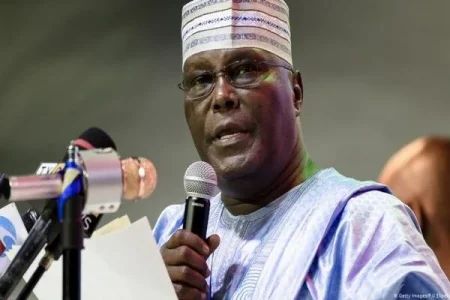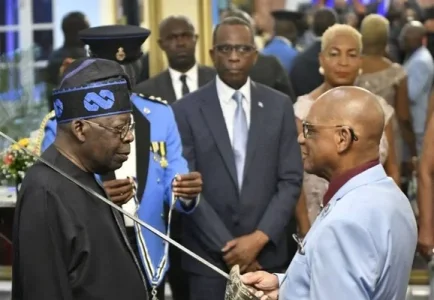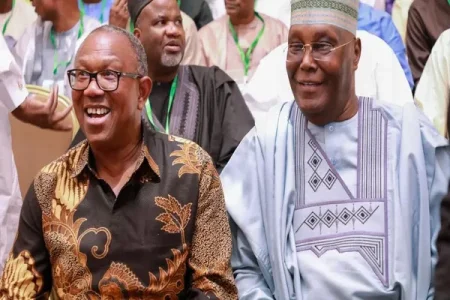
South Korea's parliament impeached President Yoon Suk Yeol after his controversial martial law decree. The motion passed 204 to 85, suspending his presidential powers. The Constitutional Court will decide his fate within 180 days. If ousted, a national election will follow. The situation follows a public backlash against Yeol.
South Korea's parliament has impeached President Yoon Suk Yeol following his controversial martial law declaration. The motion passed with a 204 to 85 vote in the National Assembly on Saturday, suspending Yeol’s presidential powers. The decision comes after a previous impeachment attempt failed due to a boycott by ruling party members.
The impeachment motion, which now requires review by the Constitutional Court, suspends Yeol’s duties until a decision is made. The court has up to 180 days to decide whether to remove him from office or reinstate his powers. Should Yeol be ousted, a national election will be held within 60 days.
The crisis began on December 3, when President Yeol declared martial law, accusing the opposition Democratic Party of plotting against the government by collaborating with North Korean factions. Martial law, a rare move in South Korea, suspends civil rights and imposes military control. It was the first such declaration in over four decades.
The decree triggered widespread criticism, with lawmakers and citizens opposing the move. In a swift response, opposition members convened and passed a vote to revoke the martial law decree, effectively nullifying Yeol’s order. The political fallout continues as the Constitutional Court weighs the future of the presidency.




